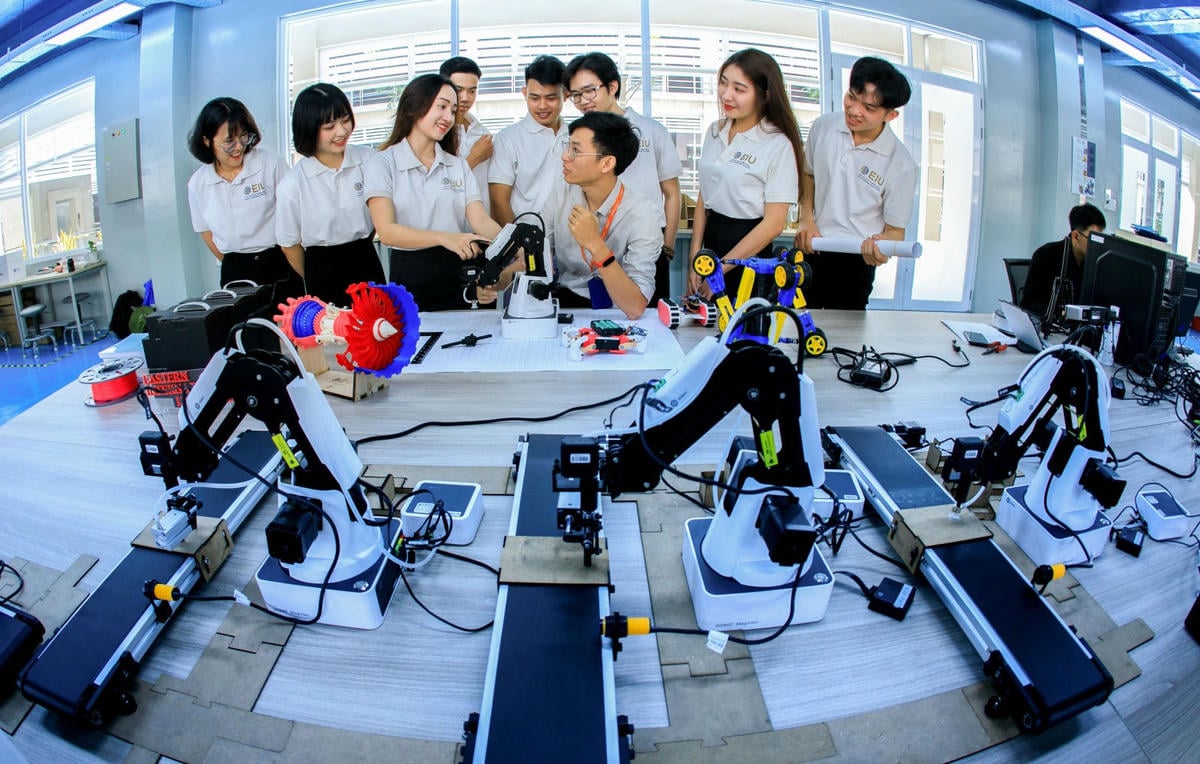
The project to develop and utilize talents, attract Vietnamese scientists abroad and international experts in the field of science, technology and innovation (STI) is considered an important step, concretizing the orientation of "taking people as the center of development".
Make a breakthrough on human resources policy
Talking to reporters of Dai Doan Ket Newspaper, Dr. Pham Huy Thong - Deputy Director of Tri Viet Institute (Vietnam Union of Science and Technology Associations) acknowledged that before Resolution 57, Vietnam had many resolutions on policies to attract and use talents such as Resolution 27 on knowledge (2008), Resolution 20 on Science and Technology (2012), Resolution 29 on Education and Training (2013)... However, it was Resolution 57 that was truly a breakthrough when it first identified science and technology, innovation and digital transformation as "top important breakthroughs", creating a strong driving force for the country's development. This resolution demonstrates a change in thinking by allowing risk taking in scientific research and emphasizing the importance of these factors in the new era.
The Law on Science, Technology and Innovation, passed by the National Assembly in June 2025, is a turning point in the policy of human resources for science and technology. Decree 263, detailing and guiding a number of articles of this Law on the mechanism of autonomy and self-responsibility of public science and technology organizations, human resources, talents and awards in the field of science, technology and innovation, for the first time, talents are identified as a separate subject of regulation in the law. This allows the State to build a mechanism that focuses directly on encouraging, rewarding and promoting talented people instead of integrating them as before.
Along with that, Decree No. 179 stipulates policies to attract and promote talented people in the public sector; Decree No. 249 stipulates mechanisms and policies to attract experts in the fields of science and technology, innovation and digital transformation. Ms. Vu Thi La - Deputy Director of the Department of Organization and Personnel (Ministry of Science and Technology) pointed out that these decrees stipulate many preferential mechanisms on salary, bonus, treatment, working environment, training, fostering, honoring and rewarding, thereby creating a favorable environment for scientists and experts to promote their capacity and make long-term contributions.
Removing "bottlenecks" in recruitment, appointment and finance
Ms. Vu Thi La analyzed that in the past, signing labor contracts with experts was subject to very strict regulations, only implemented in a few cases and depended on the level of financial autonomy of the unit. This mechanism made it difficult for many public scientific organizations to attract talent, especially highly qualified experts.
Decree 263 has a very new regulation, giving autonomy to public science and technology organizations to proactively decide on recruitment, management, use of civil servants and sign labor contracts. This is a big step forward, helping organizations to flexibly choose and invite experts suitable to research needs, no longer limited by rigid administrative procedures.
Regarding salaries, previously, the public sector was constrained by the administrative framework, not allowing for agreed-upon salaries. Decree 263 allows science and technology organizations to sign labor contracts with experts and scientists at agreed-upon salaries. This new mechanism not only removes legal barriers, but also creates healthy competition between the public and private sectors in attracting talent, especially in highly specialized fields such as AI, biotechnology, new materials, renewable energy, etc.
In addition, the State also issued many other preferential policies for experts and scientists when recruited into public science and technology organizations. They are given priority in recruitment, arranged good working conditions, participated in training and development programs, enjoyed preferential salary and bonus regimes, and are guaranteed social security, housing, and health care according to regulations.
In particular, those with outstanding abilities will be given priority for consideration for appointment to leadership positions without having to fully meet the current strict administrative conditions and standards.
To bring policy into life
Former Minister of Science and Technology Huynh Thanh Dat once expressed his concern about attracting science and technology talents because although there is a policy, implementation is very difficult due to regulations, civil servant and public employee laws, and financial regulations. The current legal corridor is more open with many breakthrough steps, giving more power to science and technology organizations, helping them to be proactive in their activities and closely connecting with the market, which is expected to really remove the bottlenecks in attracting and using talents.
However, former Minister of Science and Technology Nguyen Quan raised the issue that has been stuck since the implementation of Resolution 20 on Science and Technology, which allows the application of the fund mechanism in funding from the state budget for Science and Technology. Will Resolution 57 continue to be stuck because there are no regulations in the State Budget Law? Specifically, the State Budget Law does not allow funding without a plan. That is, if you want to do research, you must make a plan, get it approved, and then put it on the list of tasks for the following year. After that, you must submit it to the National Assembly, the National Assembly will approve it, and then the money will be allocated the following year.
No country in the world has to wait years for a contract to be signed for research. They apply a fund mechanism. Money is always in a fund and money is provided as soon as a project comes up,” Mr. Quan shared.
Regarding the issue of salary and bonus, Mr. Nguyen Quan gave an example: According to Resolution 98 of the National Assembly on special policies for Ho Chi Minh City, it is possible to pay salaries to leaders of public research institutions in the city up to 120 million VND/month. But in reality, no one dares to accept this salary. The reason is that if the leader receives 120 million VND, while the people around him only receive a few dozen million VND, no one dares to do it.
State and enterprises join hands
Mr. Felix Weidenkaff - Acting Director of ILO Vietnam Office shared that the world is witnessing fierce competition for high-quality human resources, strongly affected by the digitalization and green transformation process. Countries that are successful in attracting talent are based on the principle of "decent work" - meaning work that provides fair income, a safe environment, opportunities for lifelong learning and career development. "Decent work not only helps retain talent but also contributes to limiting brain drain and promoting long-term attachment between employees and organizations" - Mr. Felix Weidenkaff said.
Vietnam currently has a young workforce, especially in STEM fields, but the proportion of highly skilled workers is still low. To achieve the goal of becoming a high-income country by 2045, it is necessary to invest heavily in skills development, create a transparent working environment and encourage gender equality in science and technology.
Mr. Wee Sung Yun - General Director of LG Electronics R&D Vietnam said that the company has more than 1,200 employees in Vietnam. He affirmed that people are the core of innovation. To attract and retain talent, LG persists with three pillars: innovation environment, capacity development and cooperation with universities through many academic activities, from sponsoring labs, granting scholarships, to organizing internship programs. These are the first "bridges" between the classroom and the market.
At the Vietnam Research and Development (R&D) Forum 2025, Mr. Truong Gia Binh - Chairman of the Board of Directors of FPT Corporation proposed that Vietnam needs to have a flexible financial mechanism, in which the state supports half of the income of international experts. For example, experts with an income of 500,000 to 1 million USD/year will be supported by the budget 50%, the rest will be paid by the enterprise - this is a form that has been effectively applied in many countries. Mr. Binh also emphasized the importance of an inspiring environment, accordingly, it is necessary to create a space for talented people to both work and pass on knowledge and ideals to the next generation.
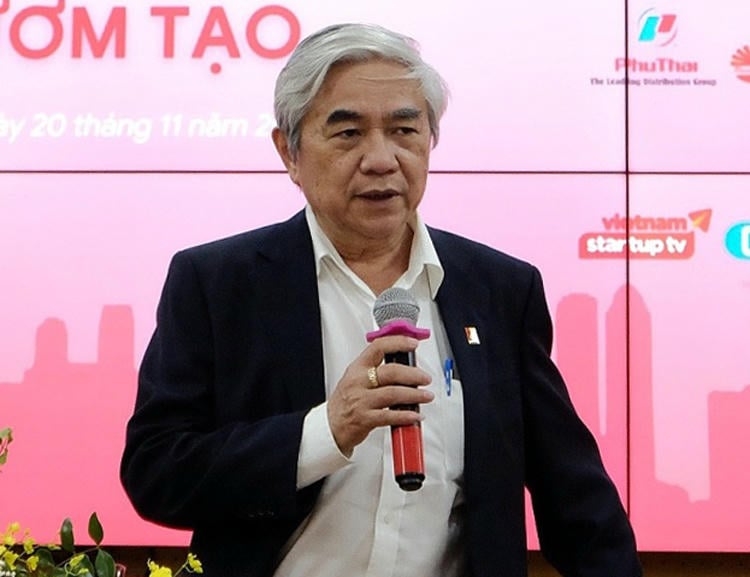
Source: https://daidoanket.vn/mo-duong-thu-hut-nhan-tai-khoa-hoc-va-cong-nghe.html






![[Photo] Da Nang: Hundreds of people join hands to clean up a vital tourist route after storm No. 13](https://vphoto.vietnam.vn/thumb/1200x675/vietnam/resource/IMAGE/2025/11/07/1762491638903_image-3-1353-jpg.webp)

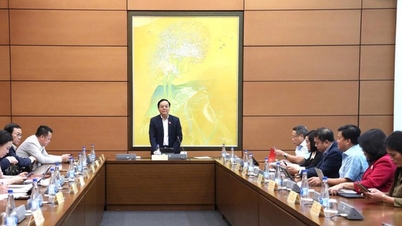

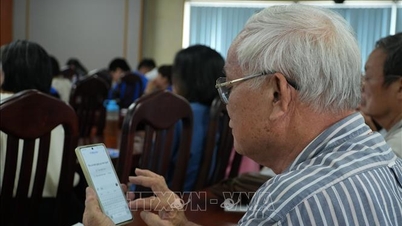

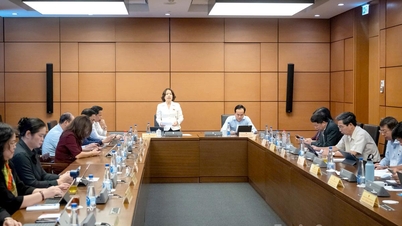

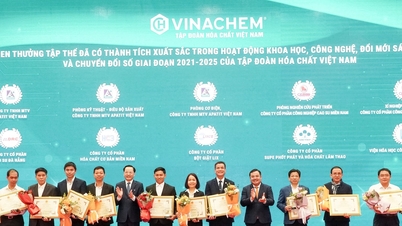

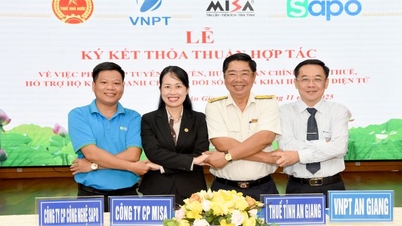















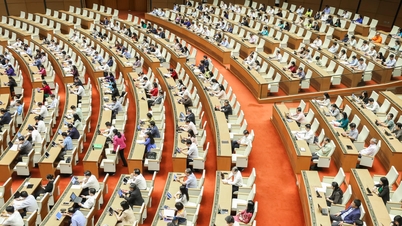
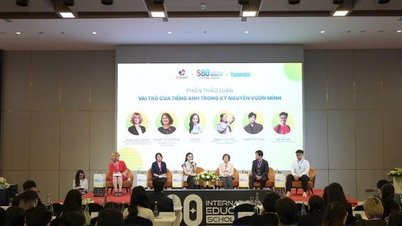
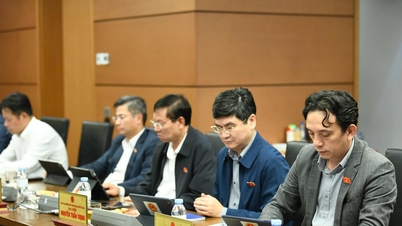
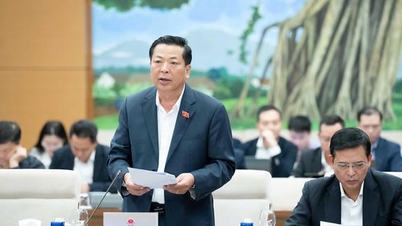
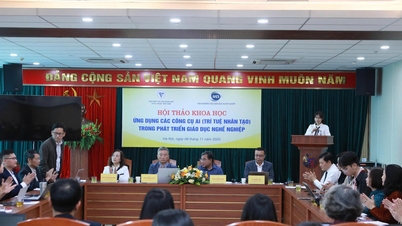












































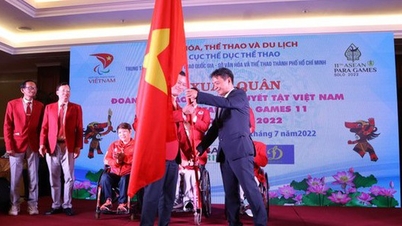
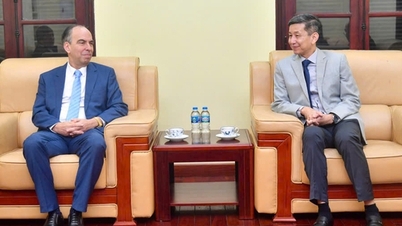
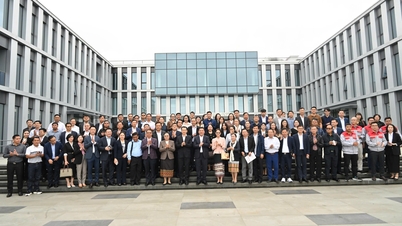


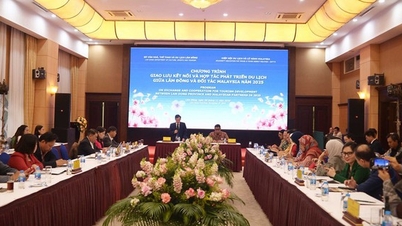







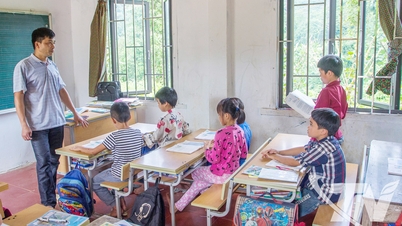


















Comment (0)